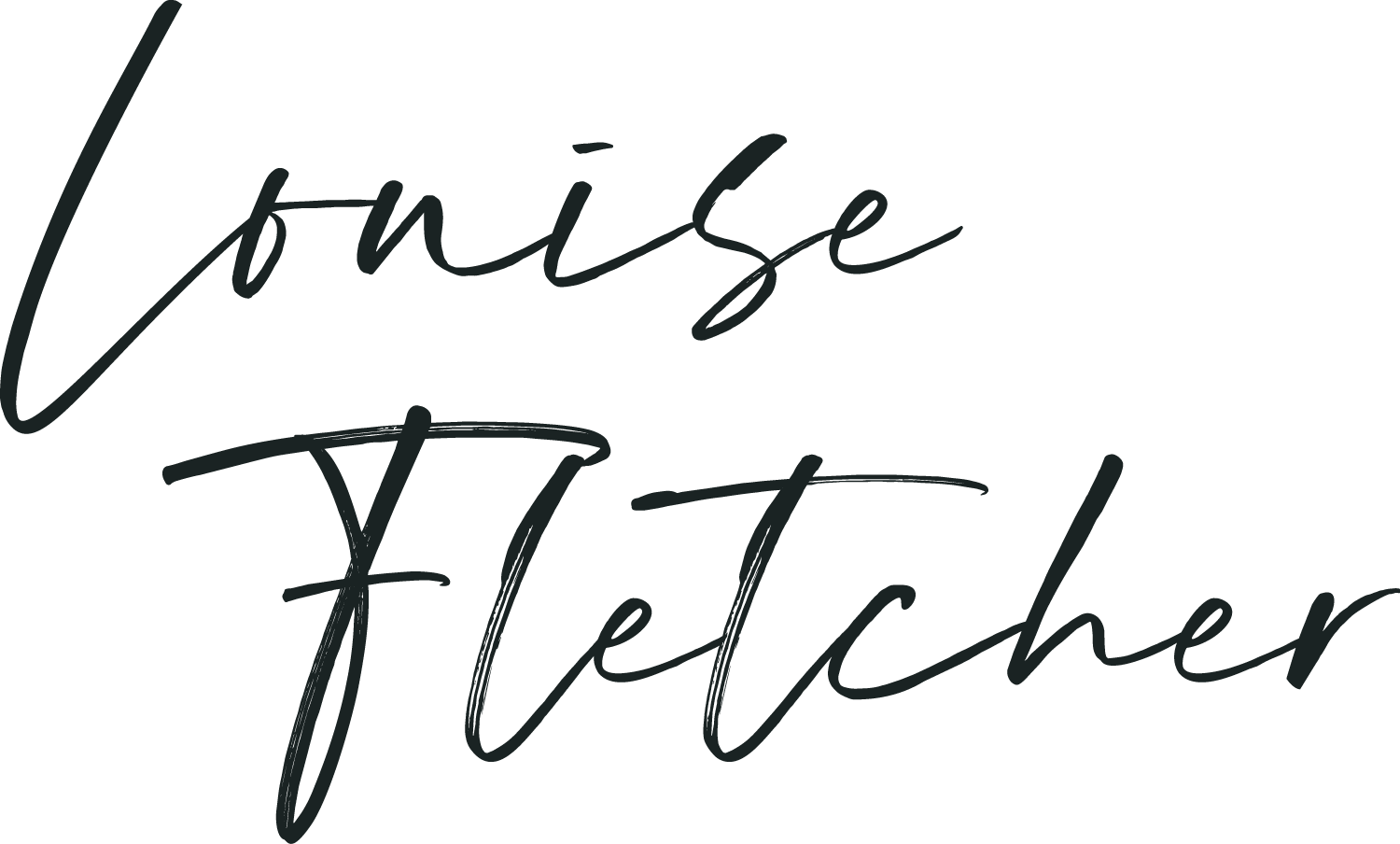10 Ways to Get Past a Creative Block
 I recently had an email conversation with a reader who is struggling with painter's block (and yes there is such a thing - I can attest to that!).She wrote:
I recently had an email conversation with a reader who is struggling with painter's block (and yes there is such a thing - I can attest to that!).She wrote:
I think part of my problem is my expectation that every painting turn out well. I know it's not a reasonable expectation, but I still seem to have it.
This is what held me back for so long. I've found a few different things have helped me.
- Accepting that I am the artist I am and that I can't be any other kind. So even if every other artist in the world rarely makes a hash of their paintings, I can't be like them. I will definitely fail a lot of the time.
- Understanding the importance of those failures. The fact is that the bad paintings are necessary in order for me to get to the good ones. I know this now and I accept it. This means that every bad painting is to be celebrated because it means I'm that much closer to painting one I like.
- Learning to stop and wait for a while. This one is still hard for me to be honest. I frequently keep working when I should have stopped. But when I do force myself to pause, I often find that the break changes my feelings about the painting. What looked like a problem, often looks like a success after a little bit of time has passed.
- Working on more than one painting at a time. This helps me to stop when I need to. If I have 4 or 5 pictures on the go at any one time, I can move between them and avoid overworking any one piece.
- Letting go of expectations. This is a hard one but it's vital. If I expect to paint a "good" picture, I am inevitably disappointed. but if I expect to play and experiment, I often find good things happen.
- Playing. This is SO important. I try new things. I ask 'what if...?' or 'how could I..?" Often they don't work out but sometimes they do and when that happens it's magical.
- Avoiding comparisons to anything but myself. There are many current artists whose work I adore. If I compare my paintings to theirs, I quickly become discouraged. But comparisons like that are ridiculous. So what if I can't paint as well as they can yet? The only way to improve is to keep working and the only person I can compare myself to is me. Am I progressing? Do I feel my work is better than it was a year ago? If the answer is yes, then I am exactly where I should be.
- Being myself. My reader mentioned that she feels she should maybe work faster in order to get over her concerns about not painting a perfect picture. I wonder if this is really the answer. Perhaps painting slowly is her natural style. As I mentioned earlier, I firmly believe that we can all only be ourselves - trying to force ourselves to work differently will always lead to failure. But perhaps she could work on 5 paintings slowly instead of just one. That way she respects her own process but also frees herself to take some risks.
- Being confident. I read a wonderful quote from an art tutor who told her students "never let your painting know that you are afraid of it." (Unfortunately, I cannot remember who this wise person was, so I can't credit them). This is such great advice. Confident brush strokes will always resonate with the viewer - tentative brush strokes will always result in a dull painting. I can't say I get this right all the time - 90% of my failures can be attributed to fussing tentatively rather than painting confidently - but I can say that I am working on it.
- Remembering that even the best artists don't succeed all the time. I remember meeting Richard Snowdon a few years ago. He has sadly died since then but he remains an inspiration to me. Richard was a busy farmer but he painted every evening after work. He had his own unique style and he never worried about what anyone thought of his work. He just loved to paint. (As a result, of course, he became commercially successful - his love for his work shone through and people responded). When I met him, he showed me round his studio and I was surprised to see mountains of unsuccessful paintings and drawings. He told me that he simply worked and let his wife decide which pieces were worth selling, because he had no idea.
I'm sure there are hundreds of other ways to overcome the fear of failure that so many of us share, but these are the ones that currently help me. If you have any others, please add them to the comments - we'd all appreciate hearing them!And please sign up for my blog (left-hand column) or my newsletter if you'd like to know what I'm up to. (I know the blog sign-up form wasn't working before but I have fixed that now).

